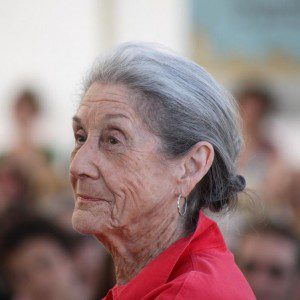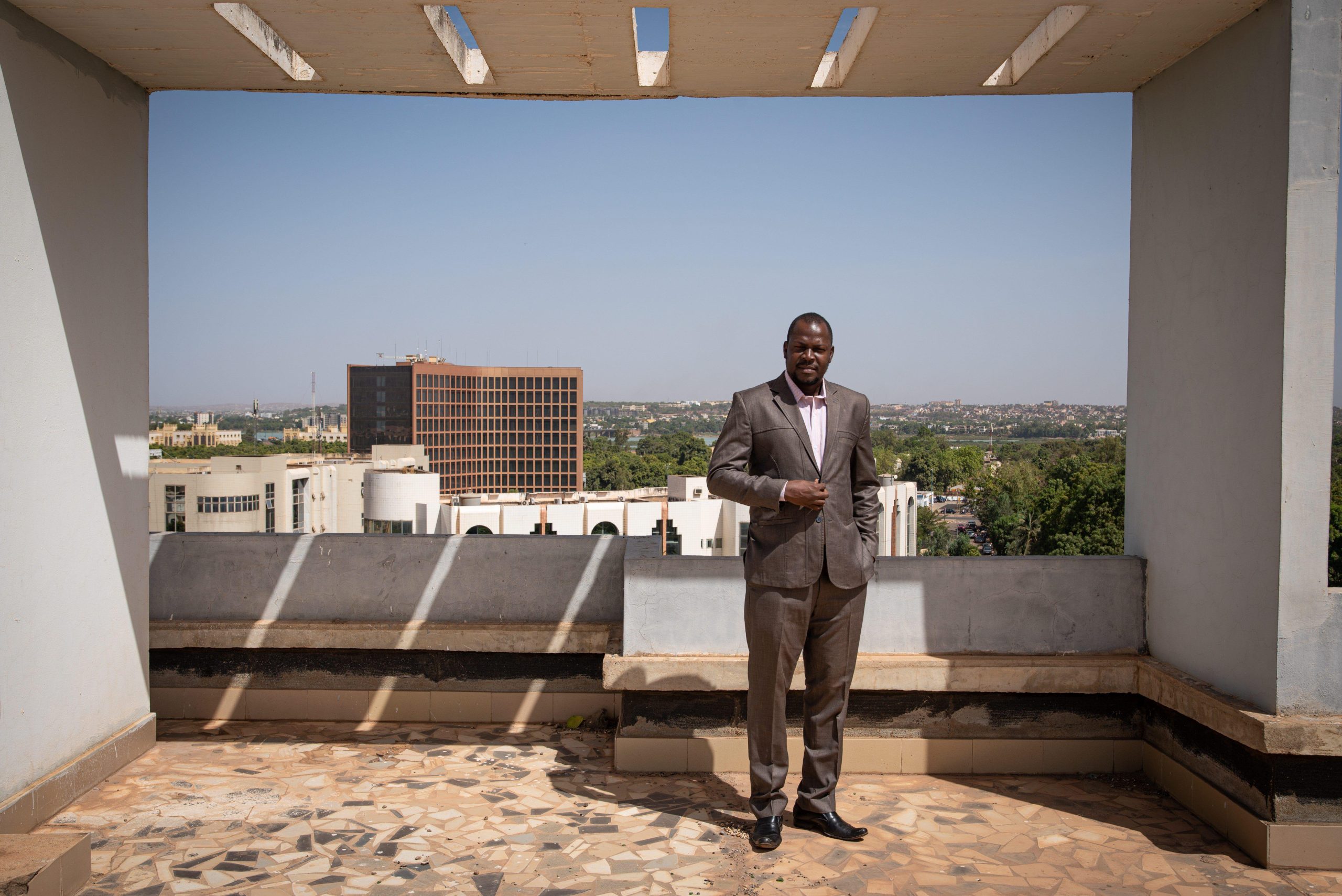 To celebrate Index’s 40th birthday, our publisher SAGE is opening the archive to the public for 40 days from 26 March. It’s a unique literary heritage, a roll-call of the greatest authors in the 20th century canon standing up for free expression.
To celebrate Index’s 40th birthday, our publisher SAGE is opening the archive to the public for 40 days from 26 March. It’s a unique literary heritage, a roll-call of the greatest authors in the 20th century canon standing up for free expression.
In 1994, South African writer, activist and Nobel Prize winner Nadine Gordimer witnessed the end of apartheid in South Africa when the black population voted for the first time.
Nadine Gordimer will be speaking at the Southbank Centre on 14 March in the first of a series of events celebrating Index’s anniversary. Get tickets here.
Is there any South African for whom this day will be remembered by any event, even the most personal, above its glowing significance as the day on which we voted? Even for whites, all of whom have had the vote since they were eighteen, this was the first time. This was my overwhelming sense of the day: the other elections, with their farcical show of a democratic procedure restricted to whites (and, later, to everyone but the black majority), had no meaning for any of us as South Africans: only as a hegemony of the skin.
Standing in the queue this morning, I was aware of a sense of silent bonding. Businessmen in their jogging outfits, nurses in uniform (two, near me, still wearing the plastic mob-caps that cover their hair in the cloistered asepsis of the operating theatre), women in their Zionist Church outfits, white women and black women who shared the mothering of white and black children winding about their legs, people who had brought folding stools to support their patient old bones, night watchmen just off duty, girl students tossing long hair the way horses switch their tails — here we all were as we have never been. We have stood in line in banks and post offices together, yes, since the desegregation of public places; but until this day there was always the unseen difference between us, far more decisive than the different colours of our skins: some of us had the right that is the basis of all rights, the symbolic X, the sign of a touch on the controls of polity, the mark of citizenship, and others did not. But today we stood on new ground.
The abstract term “equality” took on materiality as we moved towards the church hall polling station and the simple act, the drawing of an X, that ended over three centuries of privilege for some, deprivation of human dignity for others.
The first signature of the illiterate is the X. Before that there was only the thumb-print, the skin-impression of the powerless. I realised this with something like awe when, assigned by my local branch of the African National Congress to monitor procedures at a polling booth, I encountered black people who could not read or write. A member of the Independent Electoral Commission would guide them through what took on the solemnity of a ritual: tattered identity document presented, hands outstretched under the ultra violet light, hands sprayed with invisible ink, and meticulously folded ballot paper — a missive ready to be despatched for the future — placed in those hands. Then an uncertain few steps towards a booth, accompanied by the IEC person and one of the party agents to make sure that when the voter said which party he or she wished to vote for the X would be placed in the appropriate square. Several times I was that party agent and witnessed a man or woman giving this signature to citizenship. A strange moment: the first time man scratched the mark of his identity, the conscious proof of his existence, on a stone must have been rather like this.
Of course nearby in city streets there were still destitute black children sniffing glue as the only substitute for nourishment and care; there were homeless families existing in rigged-up shelters in the crannies of the city. The law places the gown of equality underfoot; it did not feed the hungry or put up a roof over the head of the homeless, today, but it changed the base on which South African society was for so long built. The poor are still there, round the corner. But they are not The Outcast. They can no longer be decreed to be forcibly removed, deprived of land, and of the opportunity to change their lives. They count. The meaning of the counting of the vote, whoever wins the majority, is this, and not just the calculation of the contents of ballot boxes.
If to be alive on this day was not Wordsworth’s ‘very heaven’ for those who have been crushed to the level of wretchedness by the decades of apartheid and the other structures of racism that preceded it, if they could not experience the euphoria I shared, standing in line, to be living at this hour has been extraordinary. The day has been captured for me by the men and women who couldn’t read or write, but underwrote it, at last, with their kind of signature. May it be the seal on the end of illiteracy, of the pain of imposed ignorance, of the deprivation of the fullness of life. © Nadine Gordimer
Gordimer’s many novels include No Time Like the Present (Bloomsbury) and Burger’s Daughter (Jonathan Cape). She was awarded the Nobel Prize in Literature in 1991. This article first appeared in Index on Censorship magazine, 23/1994
Find out about the 40th anniversary issue of Index on Censorship magazine












